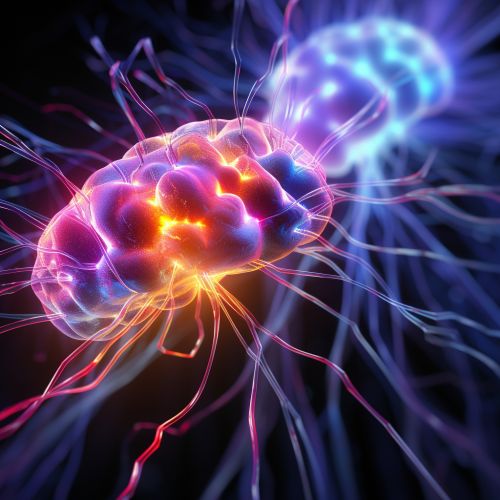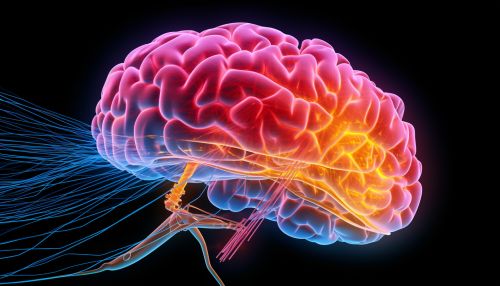The Science of Human Cognitive Enhancement
Introduction
Human cognitive enhancement refers to the application of various methods and techniques aimed at improving the cognitive abilities of individuals. These methods can range from the use of pharmacological substances, to neurofeedback training, and transcranial magnetic stimulation among others. The field of cognitive enhancement is a multidisciplinary area of research that involves neuroscience, psychology, pharmacology, and bioengineering.


Cognitive Abilities
Cognitive abilities are the brain-based skills that an individual needs to carry out any task from the simplest to the most complex. These abilities involve the mechanisms of how we learn, remember, problem-solve, and pay attention. Some of the primary cognitive abilities include attention, memory, logic and reasoning, auditory and visual processing, and motor skills.
Methods of Cognitive Enhancement
Pharmacological Methods
Pharmacological cognitive enhancement involves the use of drugs or nootropic substances to improve cognitive functions. These substances can either be synthetic drugs or natural supplements. They are designed to enhance brain function, particularly executive functions, memory, creativity, or motivation.


Neurofeedback Training
Neurofeedback training is a type of biofeedback that uses real-time displays of brain activity to teach self-regulation of brain function. This method is used to improve mental performance, emotional control, and physiological stability.
Transcranial Magnetic Stimulation
Transcranial magnetic stimulation (TMS) is a noninvasive procedure that uses magnetic fields to stimulate nerve cells in the brain. It is used to improve symptoms of depression and other mental health disorders. However, recent studies have shown its potential in enhancing cognitive functions.


Ethical Considerations
The use of cognitive enhancement methods raises several ethical issues. These include issues related to fairness, coercion, and the long-term effects of these methods. It is important for researchers and practitioners in this field to consider these ethical implications when conducting their work.
Future Directions
The field of human cognitive enhancement is continually evolving, with new methods and techniques being developed. Future research in this area will likely focus on improving the effectiveness of current methods, developing new methods, and understanding the long-term effects of cognitive enhancement.


